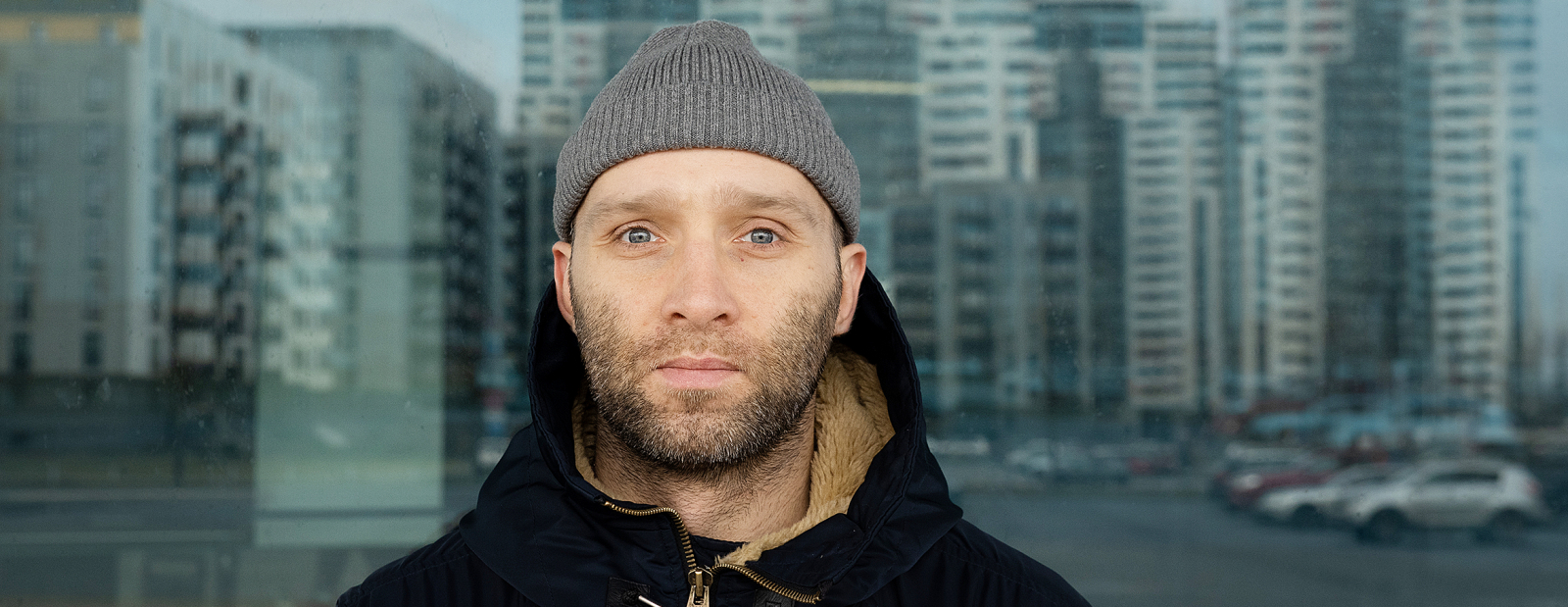“Due to new outbreaks of the coronavirus pandemic in Asia, for example in Malaysia, semiconductor plants are being closed again, resulting in reduced production capacity across the entire automotive industry. Škoda Auto is also affected, “confirmed Práila spokeswoman Kamila Biddle.
–
“We will therefore cancel individual shifts and reduce the weekly production volume depending on the number of available parts,” she added. The carmaker admits that in these unfavorable circumstances, deliveries of part of the cars to customers who have configured and ordered them will be delayed, or it will not be possible to offer cars in the usual range of engines, gearboxes and equipment in all markets.
–
“However, it can be expected that semiconductor production will gradually increase again during the fourth quarter. Therefore, we expect some improvement in supply by the end of the year, “said Kamila Biddle.
–
But now there is still a production crisis. Škoda used the previously pre-negotiated date of mass leave for Monday, September 27, which will be combined with Tuesday’s national holiday of St. Wenceslas. “At the same time, we will continue to do so by canceling shifts until the end of the week, including the overlap to Saturday shifts. In this way, we will decommission production throughout the week, “confirmed Jaroslav Povšík, Chairman of the Škoda Trade Union Trade Union, according to whom the situation does not seem to allow full production by the end of the year, including flexis shifts and the use of atypical exchange models.
–
Impact on wages
The trade unionists acknowledged that long-term production outages could have an adverse effect on employee remuneration. “It is still true that we negotiate compensation for an obstacle to work on the part of the employer in the amount of 85 percent of the average earnings. However, if the situation worsens further, we will of course have to think of another number, but it will always be well above the legal limit of 60 percent, say 20 percent above it, “promised Povšík, according to whom the priority will be to maintain employment.
–
The whole world is facing a shortage of chips, which are essential components for car manufacturers. There are several reasons, the main one being the increased demand due to the pandemic, as neither consumer electronics nor, for example, cryptocurrency miners can do without semiconductors. The crisis was deepened by the March fire in the factory of the Japanese chip manufacturer Renesas Electronics.
–
Unfinished cars at the airport
Due to outages, Škoda Auto reduced production already in the summer, when it also drove tens of thousands of its unfinished cars to parking areas, including the airport in Hradec Králové. A few days ago, director Thomas Schäfer admitted that the carmaker would produce one hundred thousand fewer cars in this way by the end of the year. Similarly, other car giants are reviewing their plans.
–
Toyota’s Cologne plant stopped production on Monday, while after the summer shutdown, the lines ran for barely a week, still in limited mode. Employees here receive 80 percent of the average salary. But most of them are at work and go to various trainings, for example.
–
Hyundai is holding on for now
Hyundai from Nošovice also has problems with deliveries, but unlike its competitors, this does not limit its production yet. “We are still registering big problems with the supply of semiconductor components. In cooperation with suppliers, we therefore respond flexibly to the current availability of specific parts and adapt the production plan. We are strengthening our stocks, expanding our supply chain and, in cooperation with various semiconductor suppliers, we are looking for alternative components, ”described Petr Michník, spokesman for Hyundai Motor Manufacturing Czech.
–
He added that the carmaker did not have to stop production or cancel shifts due to a lack of chips. “We manage to keep the number of cars produced at a level corresponding to the plan for this year, which is 275 thousand cars,” he added.
–
| It didn’t work out in the summer |
| Sales of passenger cars in the Czech Republic and the EU decreased year-on-year during the holidays after four months of growth. |
| In the Czech Republic, the decline was lower – in July by 6.9 percent to 18.5 thousand and in August by one percent to 16.5 thousand cars. |
| Nevertheless, more cars were sold this year than in the same period last year. Approximately 147.5 thousand cars (+12.4 percent) were sold in the Czech Republic, and 6.8 million vehicles (+11.2 percent) in the entire EU. |
| However, more were produced in the Czech Republic this year, a total of 775,496 passenger cars. This is almost 13 percent more year-on-year, but compared to 2019 before the pandemic, this is a loss of almost 18 percent (166 thousand fewer cars). |
| In July and August, production fell by 39 percent year on year to 112,481 vehicles due to a lack of chips. (rei, CTK) |
—
According to the Association of the Automotive Industry, Nošovický Hyundai produced 182,400 cars from January to the end of August, ie 33 percent more year-on-year, while the decline was recorded only in July.
–
Production at Škoda Auto increased by almost eight percent (486,423 cars) this year, while production fell by 42 percent year-on-year during the holidays. Toyota experienced a similar decline in July, after which its operations stopped in August. Since the beginning of the year, compared to the same period last year in Cologne, they produced almost six percent more cars, by the end of August a total of 106,673.
—

